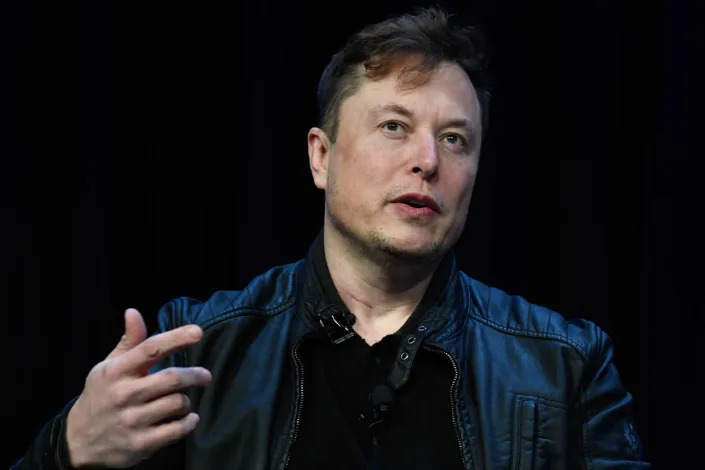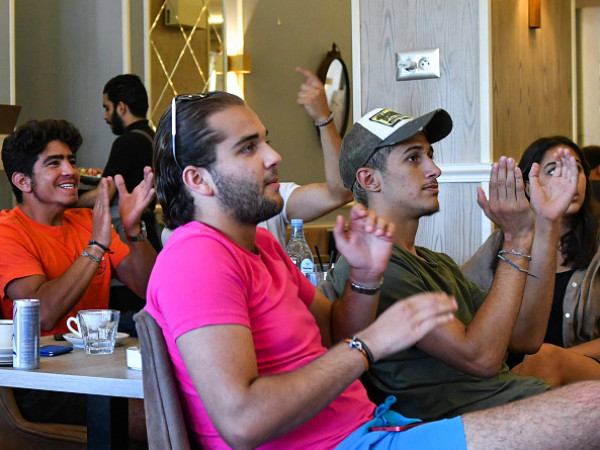Ukraine Reconstruction, Peace and Justice
Is it possible to speak of reconstruction while a war is still going on? The Swiss government and Ukraine co-organized an international conference in Lugano July 4-5 to deal with rebuilding Ukraine. Although not as high-level as the recent G-7 or NATO summits, the aim of the conference, according to Ignazio Cassis, the Swiss Foreign minister who also holds the rotating Swiss presidency, was to have a “Lugano Declaration” similar to the Marshall Plan that described the reconstruction of Europe after World War II. One thousand participants from 40 countries and representatives from international organizations attended as well as almost one hundred representatives from Ukraine.
With the Ukraine war still going on – the conference was initiated prior to the February 24 invasion – the challenge to rebuild is daunting. “We will help Ukraine to win this war and to win peace,” said the head of the European Commission. “The challenges are colossal,” she added, “but not insurmountable.”
Rebuilding Ukraine during the fighting adds further complexity to the relation between peace and justice. Those who favor peace point to ending the fighting as soon as possible. “Priority number one remains ending the war, because without the war ending, the suffering will definitely continue,” said a United Nations Development Programme (UNDP) representative in Ukraine. Those who insist on justice first, say that human rights and humanitarian violators must held accountable immediately. “No peace without justice,” they advocate.
What about rebuilding? The final Declaration, besides condemning Russian aggression and re-iterating the territorial integrity and sovereignty of Ukraine, was designed as a road map to help Ukraine develop a Recovery and Development Plan. With many people returning home, “It is essential that quick repairs, improving infrastructure and public services happens as soon as possible,” said the UNDP representative. The World Health Organization also sent representatives to the conference, underlying the need to rebuild hundreds of health facilities hit by Russian strikes. Cassis stressed that “full transparency and surveillance of financial flows,” were also on the agenda in a country that ranked 122 out of 180 in Transparency International’s 2021 Corruption Perception Index.
Even if the war ended tomorrow, the rebuilding needs are enormous: More than 10 million Ukrainians have been affected by the war with one/fourth of the population needing basic food supplies; 24,000 km of road and 5.5 million houses have been damaged or destroyed; environmental damage is considerable; almost five million jobs have been lost and it is estimated that the economy will shrink 41.1 per cent this year.
But the war has not ended. Experts say optimistically that certain areas can be helped immediately at the same time planning should go on for the future. The blend of humanitarian needs and development projects is part of a hopeful holistic approach: “We need innovative partnerships between humanitarian actors who have the capacity to go as close as possible to the frontlines, and financial institutions and development actors who traditionally engage with state entities on much more long-term programs,” said a Red Cross official.
It is estimated that Ukraine needs $700 billion dollars to rebuild.
The final Declaration focused on seven principles, including government reforms and transparency, sustainability and fighting corruption. Future conferences on rebuilding Ukraine have already been planned in Britain and Germany in the next two years.
Is it premature to talk of rebuilding Ukraine during the war? Historians point to discussions of rebuilding Europe during World War II leading to the final Marshall Plan once the war had ended. And one could easily point to the final Declaration as a wish list of liberal ideals for a country that has a history of corruption. “Corruption in Ukraine is still very present,” said the former head of the European anti-corruption office. “Systemically, this is not a state based on law, or just a little,” he observed.
Russia will not go away. Although the aim of the Western powers seems to be more and more to weaken Russia – as stated forthrightly by U.S. Secretary of Defense Lloyd Austin – President of the European Commission Ursula von der Leyen’s statement about winning the war and winning the peace overstates the reality on the ground. Some negotiated settlement will have to take place rather than an outright victory or surrender.
Rebuilding Ukraine and the Lugano Declaration are part of a process. But focusing on the aftermath of the conflict should not take energy and time away from ending the war. And while the ideal of having a stable, functioning government in Kiev is admirable, fundamental questions remain such as does the future of Ukraine include the Donbas region? And if so, how?
Certain aspects of the geopolitical reality of Ukraine cannot change. In addition to its frontier and history with Russia, one cannot start from scratch in rebuilding. Can one imagine a modern, digital, rules-based functioning state? A new Finland or Estonia? There are good reasons why Ukraine was not included in the Membership Action Plan of NATO and why some countries hesitate to include Ukraine in the European Union.
No amount of money or promises from exterior sources will change the internal situation in Ukraine. While the Russian military invasion has shocked the world, meetings like the Lugano conference risk repeating errors made after the fall of the Berlin Wall. It will finally be up to the Ukrainian people, including those in the Donbas region, to rebuild their country, with, we assume, considerable help from their friends.



